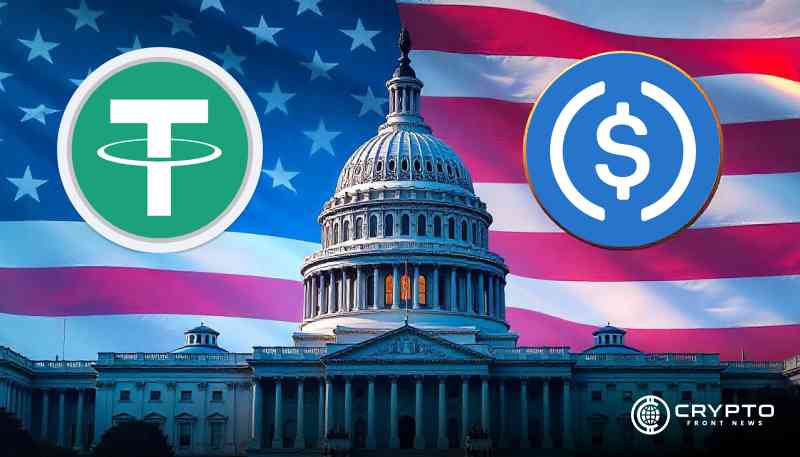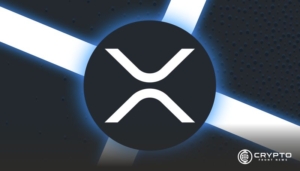- Senate passes GENIUS Act with 68-30 vote, setting federal rules for U.S. dollar-pegged stablecoins and digital dollar issuers.
- The bill empowers Treasury to regulate stablecoins, allowing banks, fintechs, and retailers to issue compliant digital assets.
- With $28T in stablecoin use last year, the act signals growing adoption and political weight behind blockchain-based payments.
According to Altcoin Daily, the U.S. Senate has approved the GENIUS Act, a crypto bill focused on regulating dollar-pegged stablecoins. Passed with a decisive 68-30 vote, the bill establishes federal guidelines, including full reserve requirements, monthly audits, and anti-money laundering compliance. Consequently, it offers a regulated path for private firms to issue digital dollars. This comes amid growing bipartisan support and an aggressive pro-crypto shift in Congress.
The legislation empowers Treasury Secretary Scott Bessent to oversee stablecoin regulation. He recently projected the U.S. stablecoin market could hit $2 trillion soon. Besides, the bill allows banks, fintechs, and major retailers to issue stablecoins, creating broader access for market participation. However, large tech firms cannot issue stablecoins directly unless they partner with financial institutions.
Regulatory Power Shift and Political Stakes
The GENIUS Act centralizes oversight within the U.S. Treasury, unlike the House’s STABLE Act, which splits authority across multiple agencies. Consequently, reconciling the two bills could delay full enactment. However, the Senate’s version signals a growing federal appetite for crypto regulation and institutional clarity.
Moreover, this bill arrives at a politically charged moment. Trump’s digital asset empire has become a lightning rod. His crypto-linked earnings totaled $57 million in 2024 alone. Forbes estimates his holdings near $1 billion, fueled by tokens, ETFs, and a mining firm. Hence, Democrats proposed the “End Crypto Corruption Act” to prevent elected officials from profiting. Yet, Republicans blocked the amendment.
Stablecoins Drive Real-World Use Cases
Stablecoins now rival traditional payment systems. Deutsche Bank reported $28 trillion in stablecoin transaction volume last year, surpassing Visa and Mastercard. Shopify already supports USDC payments through Coinbase and Stripe. Additionally, JPMorgan introduced JPMD, a blockchain-based deposit token for institutions.
Besides enabling faster settlement, stablecoins offer reduced transaction costs and frictionless cross-border payments. Hence, adoption is accelerating across financial institutions and retail networks. However, lawmakers remain cautious. Senators like Jeff Merkley warn the bill could enable misuse by crypto-aligned officials. Still, the GENIUS Act sets a strong foundation for further crypto legislation.






